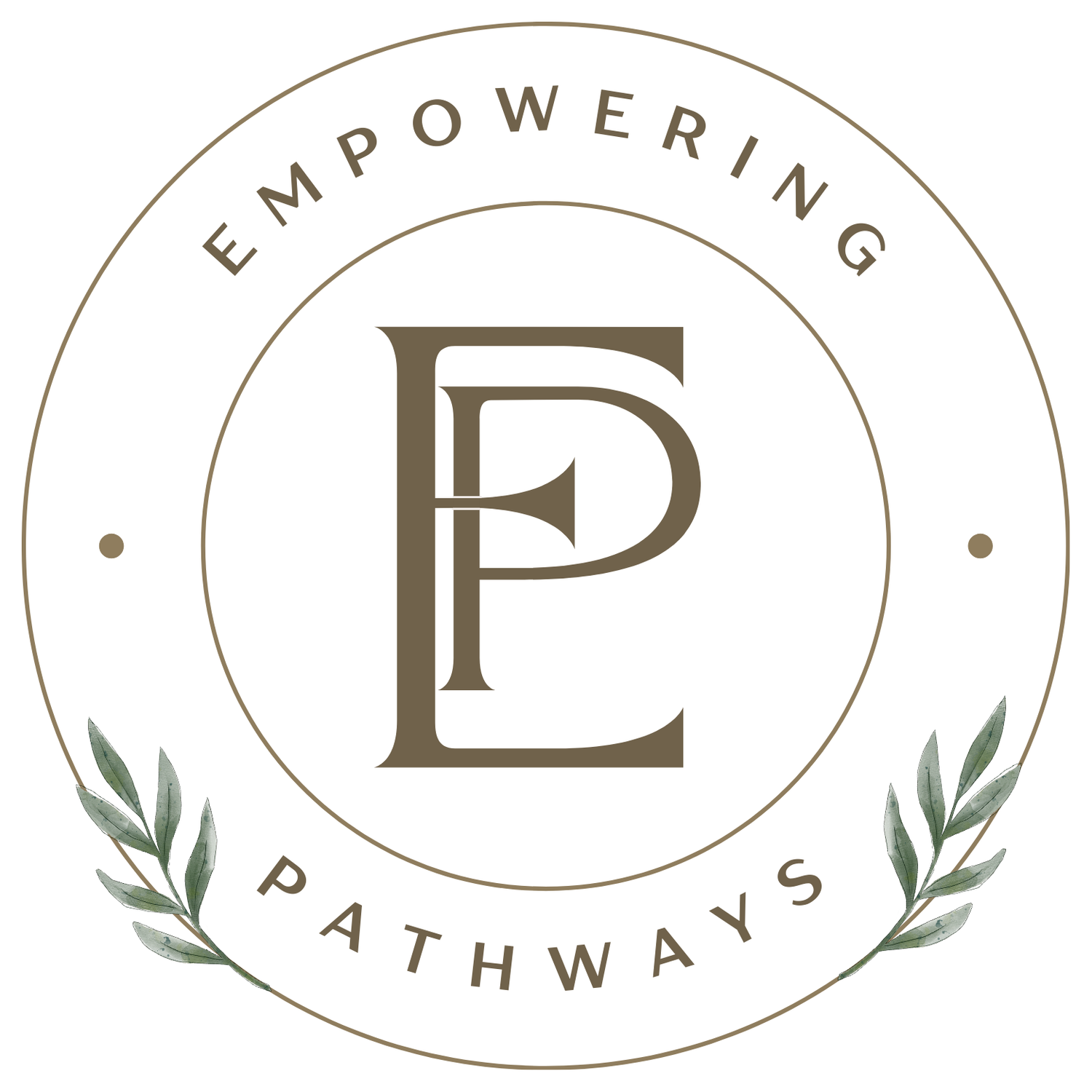FAQs
-
Person-Centred therapy is a talking therapy based on the belief that, given the right conditions, a person can reach their full potential and become their true self. Founded in the 1940’s by American Psychologist, Carl Rogers, the core conditions of this modality are below:
Unconditional positive regard (UPR) – accepting and valuing you
Congruence - being honest and transparent in how they experience you and your world
Empathic understanding – seeing your viewpoint as if they were you
-
Cognitive Behavioural Therapy (CBT) is based on the concept that your thoughts, feelings, physical sensations and actions are all interconnected. CBT describes a number of different therapies that all have a similar approach to solving problems. CBT has been proven to be effective for a range of things, from phobias, sleeping difficulties, to drug and alcohol abuse or anxiety and depression. An important advantage of CBT is that it can be brief-focus, which is relatively short, for most emotional problems.
-
As everyone is unique, one person’s needs from therapy will differ from the others. Being integrated means the therapy can adapt to you, ensuring you get the most out of the experience. CBT is an effective, practical modality that provides the client with tools to work on a particular difficulty they are wanting to overcome in the present. However, it does not focus on events from the past (where the majority of core issues develop). Being integrated means that working with the person-centred approach, alongside the CBT, you can process parts of your past and understand their meanings to you before focussing solely on the present. Sometimes we need to look back (safely) and process that before we can properly look forward.
-
A counsellor who is a registered/accredited professional ensures that they meet high standards of proficiency, professionalism and have an ethical practice. It also ensures that they are insured to work, they attain the minimum amount of CPD per year (continued personal development) and have regular ongoing supervision. I am accredited with the NCPS (National Counselling and Psychotherapy Society) and have monthly supervision with ongoing continued personal development. Please feel free to ask for any further information you feel you require about this.
-
Nobodies needs or journey is ever exactly the same, so the answer to this varies from person to person. During the assessment session, together we will explore what is going on for you and some of the things you would like to get out of therapy. It is recommended that the sessions happen weekly (no longer than every other week) and after session 6 it is usual for a review to happen. During the review we can talk about how you are benefitting from the sessions, set goals for more sessions or work towards ending depending on your needs. There is always a beginning, middle and end to therapy, but never an obligation to stay if you don’t want to.


